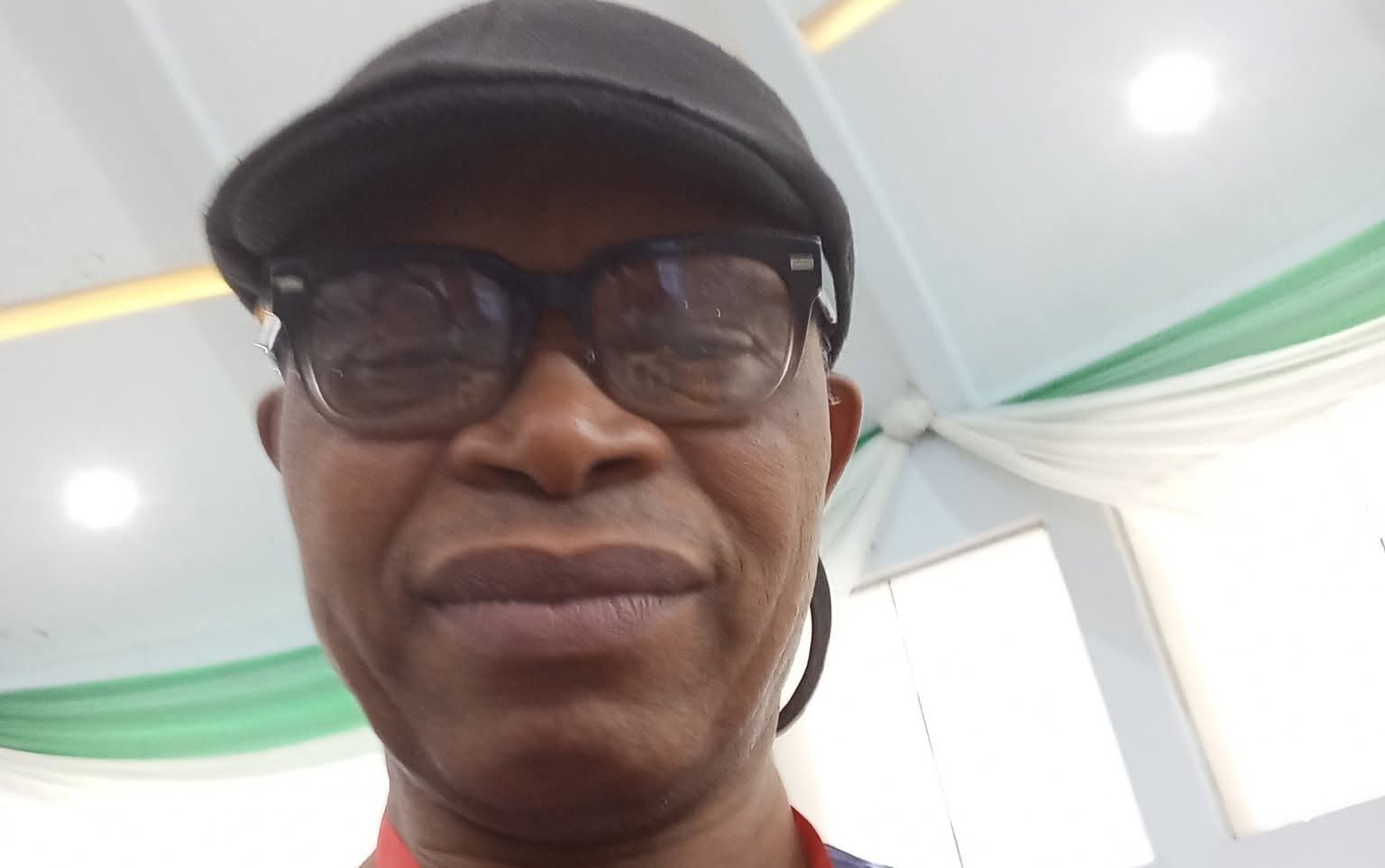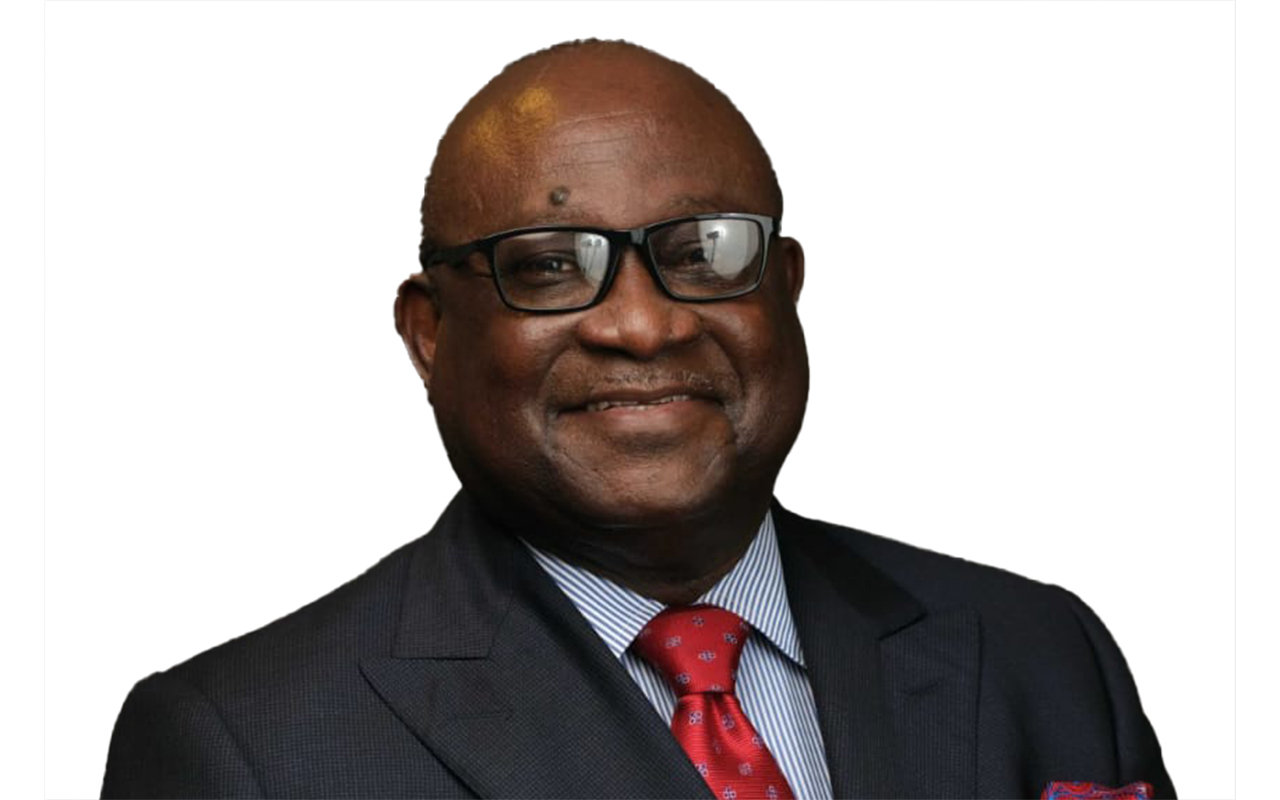 DSTV, one of Africa’s satellite Cable TV service providers, launched in Nigeria in 1995, currently has over 6.7 million customers, majority of them in South Africa and Nigeria, and the two markets are considered its most important markets. The service is offered by Multichoice.
DSTV, one of Africa’s satellite Cable TV service providers, launched in Nigeria in 1995, currently has over 6.7 million customers, majority of them in South Africa and Nigeria, and the two markets are considered its most important markets. The service is offered by Multichoice.
Some Nigerians have argued that in other African countries where DSTV exists, there is a Pay-Per-View system of subscription, which enables customers to only pay for the channels they view, rather than for a whole bouquet, which they never really get to view.
Chief executive officer of Multichoice, Tim Jacobs, had said in an interview that, “If you want to do pay per view, you have to take whatever content the person wants to watch; let us take the obvious one, the EPL, you take the cost of the EPL, you say how many subscribers do I have, and then divide the cost by the number of subscribers that want to watch EPL and that is how many people pay for it.”
Also, the Public Relations Manager, DSTV Nigeria, Mrs Caroline Oghuma said pay per view may not work in Nigeria or any other African country because content is bought on a monthly basis. “Pay per view is a service that enables subscribers pay additional subscription to watch one-off special events. The way it works is that in addition to a monthly subscription, content providers would offer a high stakes football or boxing match for instance at a much higher rate to any subscriber that pays for it.
This match or event would not be part of the regular line up of programmes, but an extra often headline making event. A good example of an event which drew international attention using the pay per view model was the 2015 Floyd Mayweather vs. Manny Pacquiao fight, where subscribers had to pay upwards of 30GBP and $100 in the UK and US respectively to watch a single boxing match live. What we did in MultiChoice at the same time was to offer the same live match at no extra cost to our Premium subscribers. We also made it available on our Catch Up service for a period,” she said.
Contrary to the belief that pay per view is obtainable in other African countries, she said the model had been used in Europe, Canada, Australia, Asia, and with the most common users being subscribers in the United States.
Some Nigerians shared their thoughts, Mrs. Eno George said, “I am not happy, especially in the rainy seasons, the signals are very poor and I don’t get to watch much, yet I am being charged monthly. To add to my grievances, my favourite channel (Mnet series) was moved to a higher bouquet, they should find a way of bringing it back to the family bouquet.”
Simply identified as Mr. Dan said, “pay per view in a cable television network, we have been told severally by the operators that it is not possible, and I am not sure it operates somewhere in any market in Africa or Europe. If it were possible, with the competition in pay-tv market, for instance in Nigeria, StarTimes would have introduced it. Inter-connectivity is enhanced by satellite; the clarity of the satellite will determine the clarity of the signal. I remember when MTN told us that per second billing was not possible but glo came and made it possible.”
On subscription bouquet, Dan said it was relative to the economy. “For instance, what you produce in the Nigerian market; considering infrastructure cost more and South Africa could equally produce with less cost,” he added.
On his part, Mr Sunday Olamide argued that there should not be a time limit to dstv subscription because of the epileptic power supply in the country. Though he admitted to not knowing if pay per view was obtainable anywhere in Africa, he however advised, “government should liberalise the sector and allow other businessmen to operate, or possibly facilitate more Nigerian business owners to play.”
A look at number seven of DSTV Subscriber Terms and Conditions states that, “MultiChoice Nigeria does not provide subscribers with access to stand-alone programmes, channels, features, facilities or applications, or the option to subscribe for a portion of a month, although we reserve the right to do so in the future.”
In light of this, DSTV Nigeria could argue that Nigerian subscribers should have no complaint arising from subscribing for a monthly bouquet because, if any subscriber has read this terms and conditions, and still subscribes, it follows that the subscriber agrees to the terms and conditions. So why complain about a service that has been provided to you, which you willingly applied for?
However, if DSTV says that it reserves the right to provide subscribers with access to stand-alone programmes and channels in the future, we can ask: When is the future? Why not now?
[ad unit=2]





